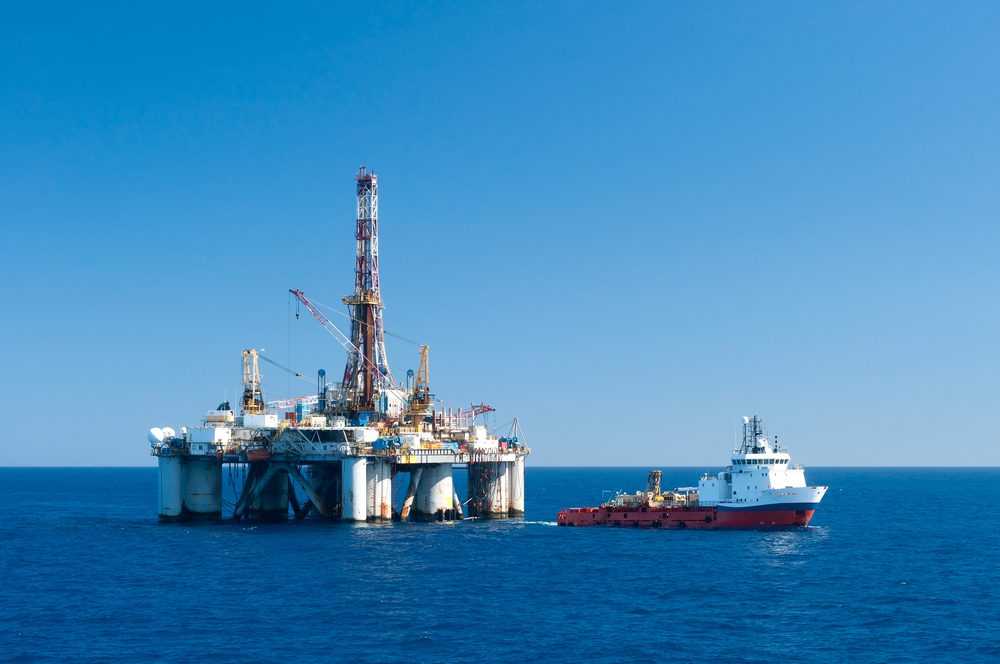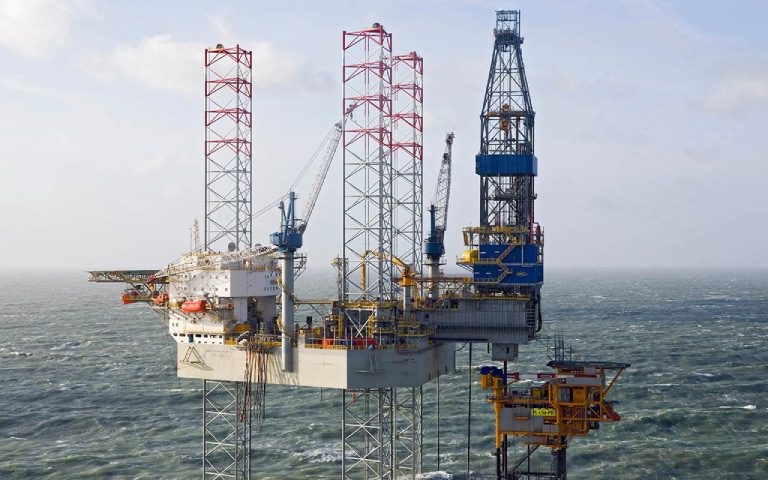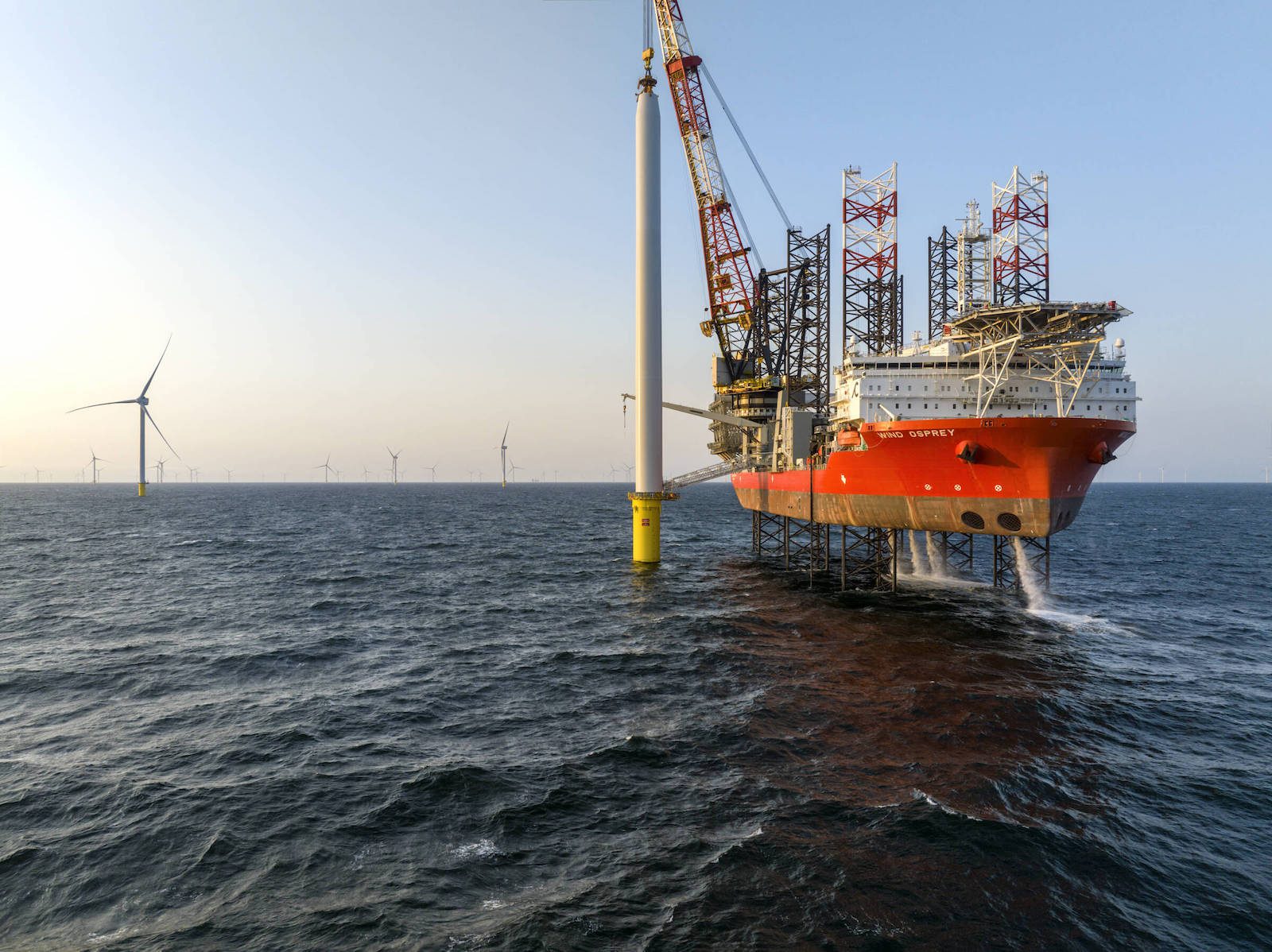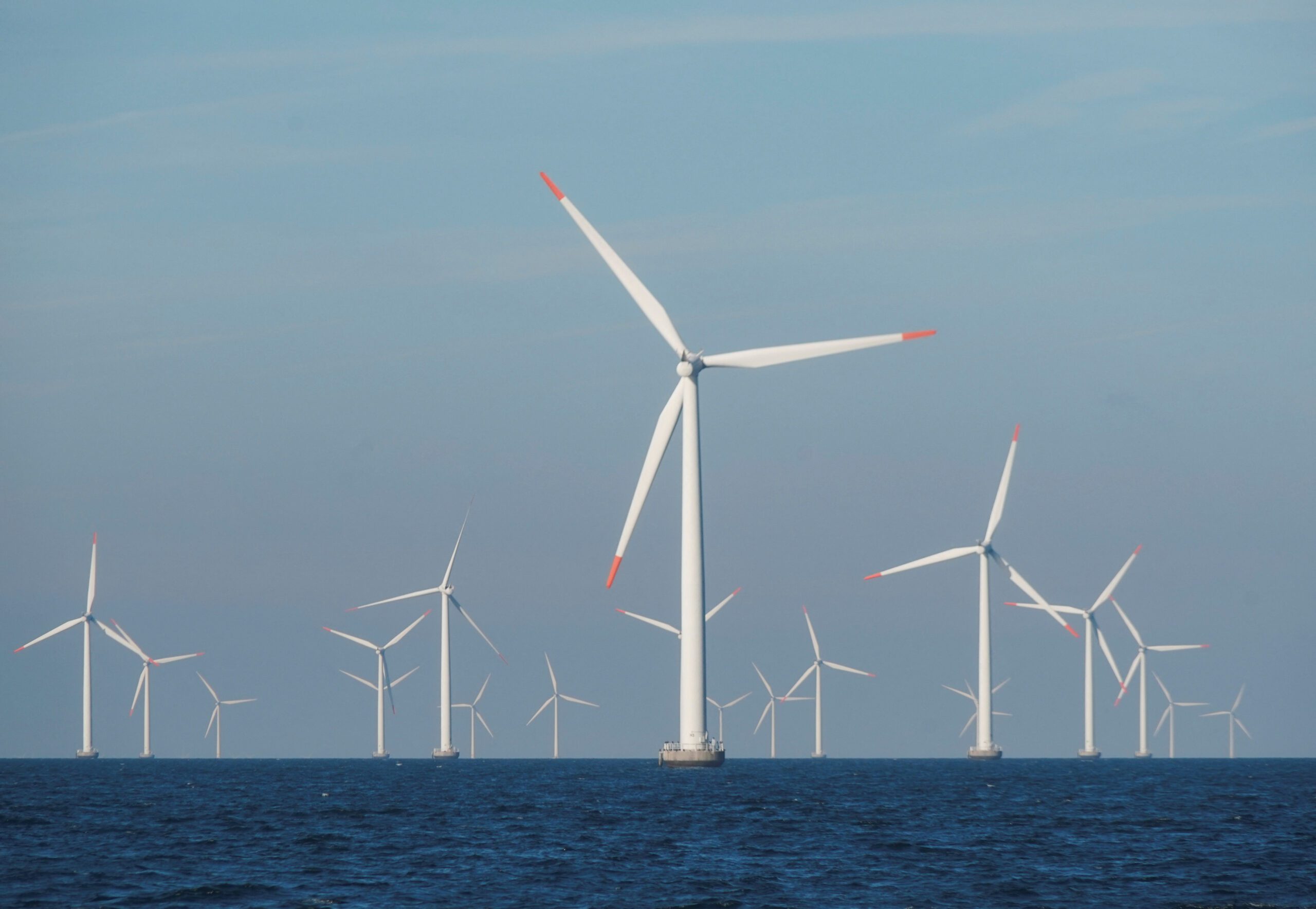 By Jeb Blount, Marta Nogueira and Stephen Eisenhammer
By Jeb Blount, Marta Nogueira and Stephen Eisenhammer
RIO DE JANEIRO, Oct 7 (Reuters) – Brazil attracted little interest in a new oil and gas exploration rights auction on Wednesday as state-led Petrobras and other major oil companies declined to bet on an industry in turmoil and an economy in recession.
The auction was seen as a test for how Brazil’s oil industry would respond to recent downturns in prices, the country’s recession and an regulatory environment many industry groups consider increasingly uncertain.
But only 37 of 226 blocks on offer were sold and six of 10 basins received no bids at all.
Important offshore areas such as the Campos and Camamu-Almada basins were ignored, while the relatively attractive Sergipe-Alagoas area received just two uncontested bids.
“The feeling is one of frustration,” Aluizio Dos Santos, mayor of the city of Campos and president of the Organization of Oil Producing Municipalities, said at the auction in Rio de Janeiro.
Magda Chambriard, president of the ANP oil agency which organized the auction, told reporters the oil price had played a big part in the lack of interest. The price of crude is down more than 50 percent since the last auction two years ago.
“We sold 14 percent of the blocks which is a fair bit below what we were hoping for,” Chambriard said.
A total of 36 companies from 17 countries – including Petrobras, ExxonMobil Corp, BP Plc and Royal Dutch Shell Plc, had registered for the auction. But in the end, only a handful of sold blocks were even contested.
Petrobras, which is Brazil’s biggest oil firm, did not bid for any blocks for the first time in its history. It is instead focusing on reducing its huge debt load and dealing with a massive price-fixing, bribery and political kickback scandal.
Preferred shares in Petrobras, the company’s most-traded class of stock, rose as much as 5 percent as investors expressed relief that the world’s most-indebted major oil company was not stretching itself further.
In past auctions, alone or in a group, Petrobras has been responsible for at least half of sales.
LITMUS TEST
Before bidding began, oil experts had expected interest for Campos and Sergipe basins. But Campos, which is Brazil’s top producing region, received no bids, while Sergipe, where large discoveries have already been made, only saw two of 10 blocks sold at the minimum price to Brazil’s QGEP Participações SA .
“Factors like the price of oil, a shortage of money, expensive money, reserves with smaller potential, all meant interest was less,” said former ANP official and oil consultant John Forman.
He said the problem was not only the absence of Petrobras, but the fact that no other major oil company registered a bid either. “With the market the way it is, companies will only go for the good stuff.”
Only two offshore blocks were among the 37 sold and those blocks accounted for 100 million of the 121 million reais in up- front bonuses received by the government for the rights.
The rest of the areas sold were onshore and to small oil companies.
The lack of interest may encourage industry groups and politicians already seeking to change auction and other oil rules they say hold back the industry and limit investor interest.
State control over the industry in Brazil has grown dramatically since giant offshore discoveries were made south of Rio de Janeiro in 2007.
The ANP and President Dilma Rousseff have resisted changes to national content rules and concession contracts that oil industry associations say raise costs and heighten political risk. (Reporting by Rodrigo Viga Gaier and Stephen Eisenhammer; Editing by Kieran Murray, W Simon and Alan Crosby)
(c) Copyright Thomson Reuters 2015.

 Join The Club
Join The Club











